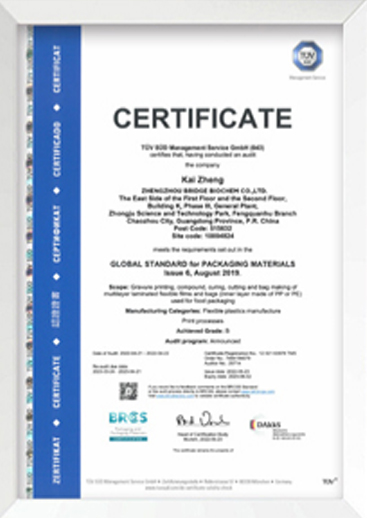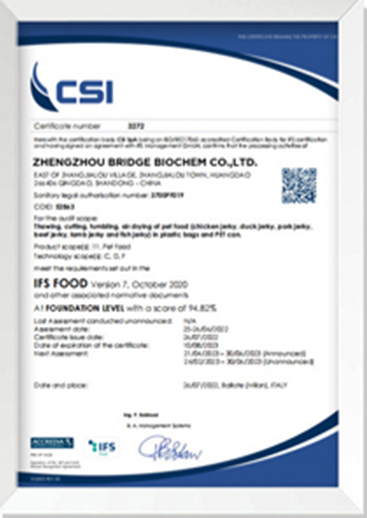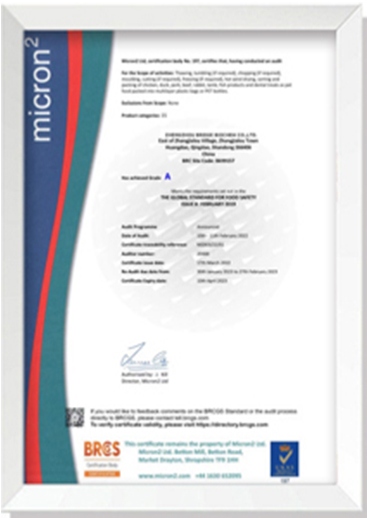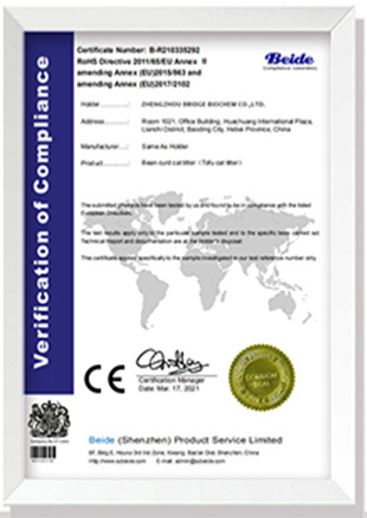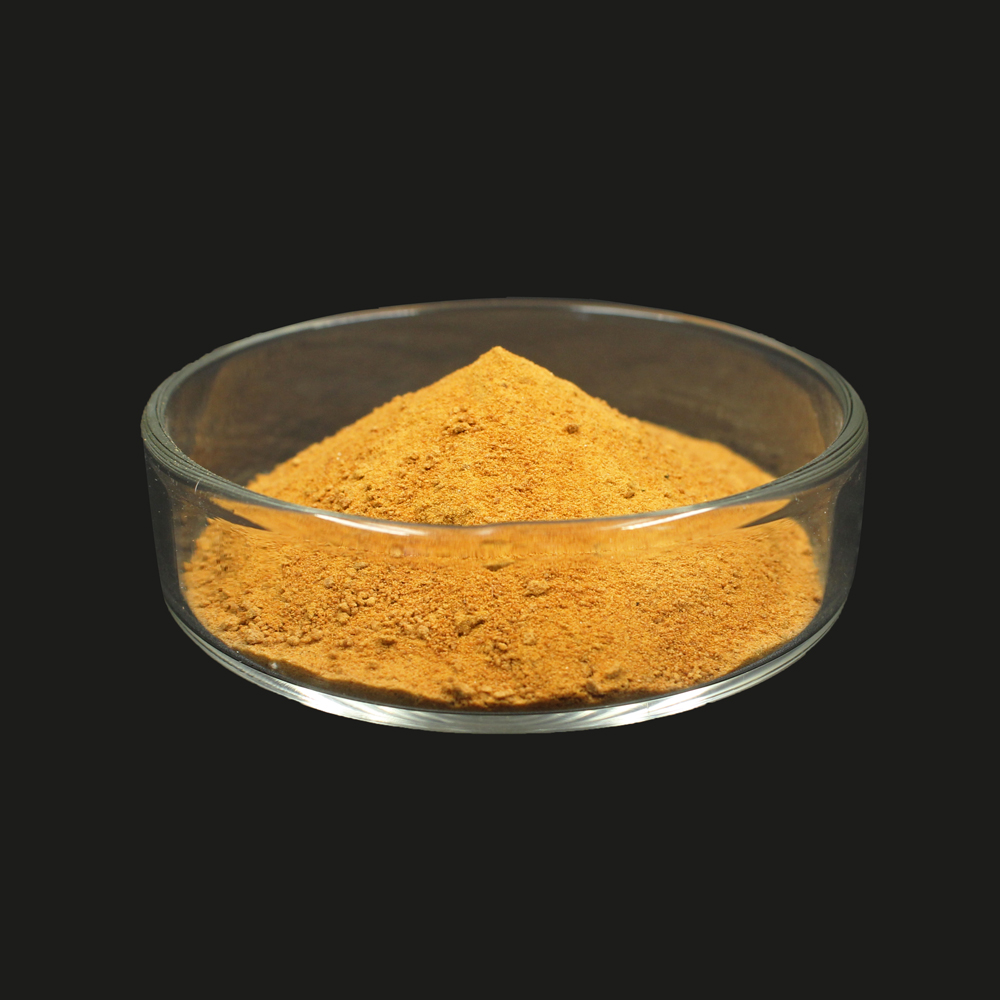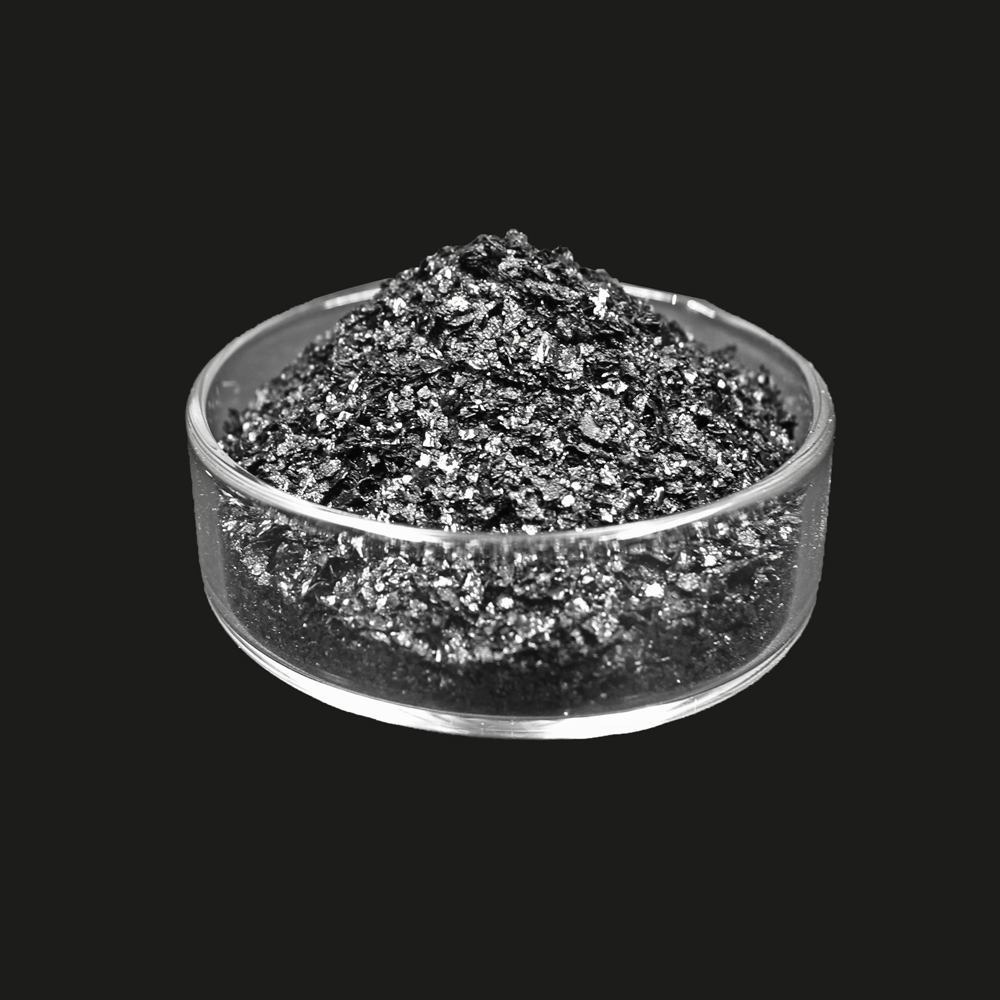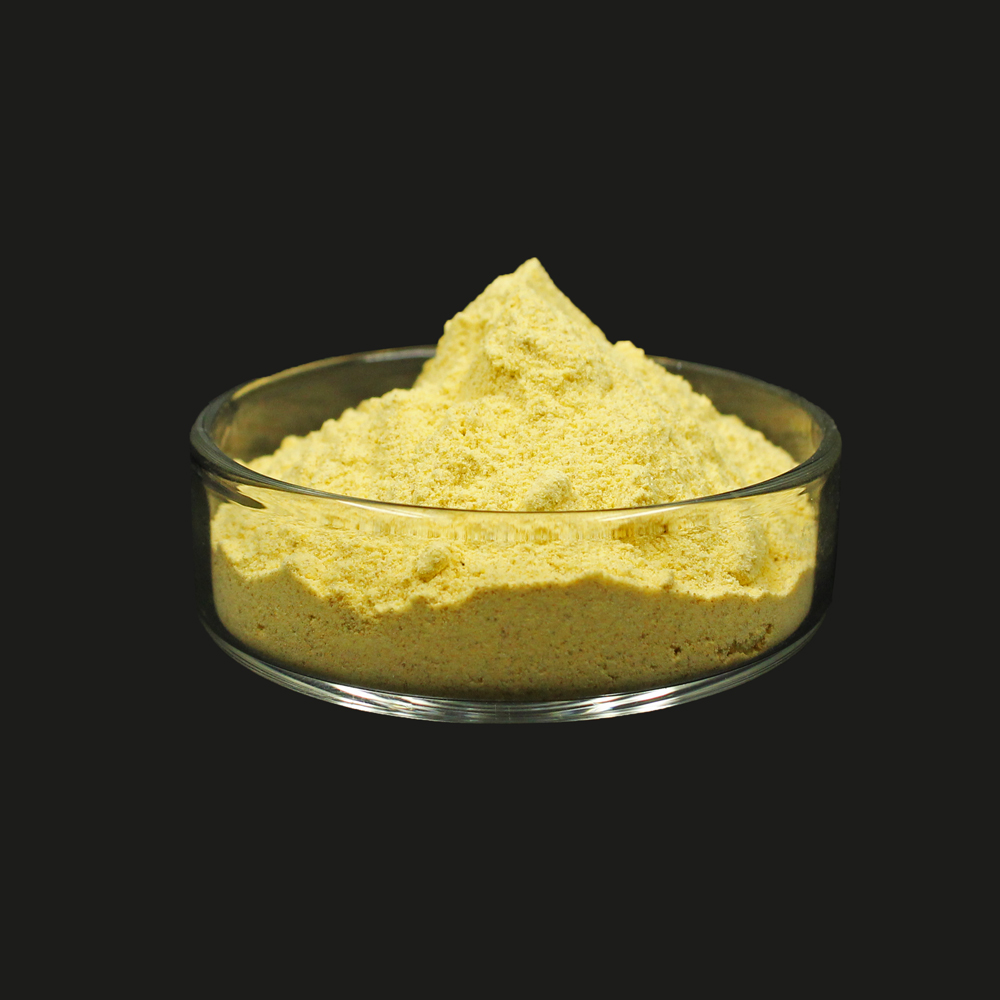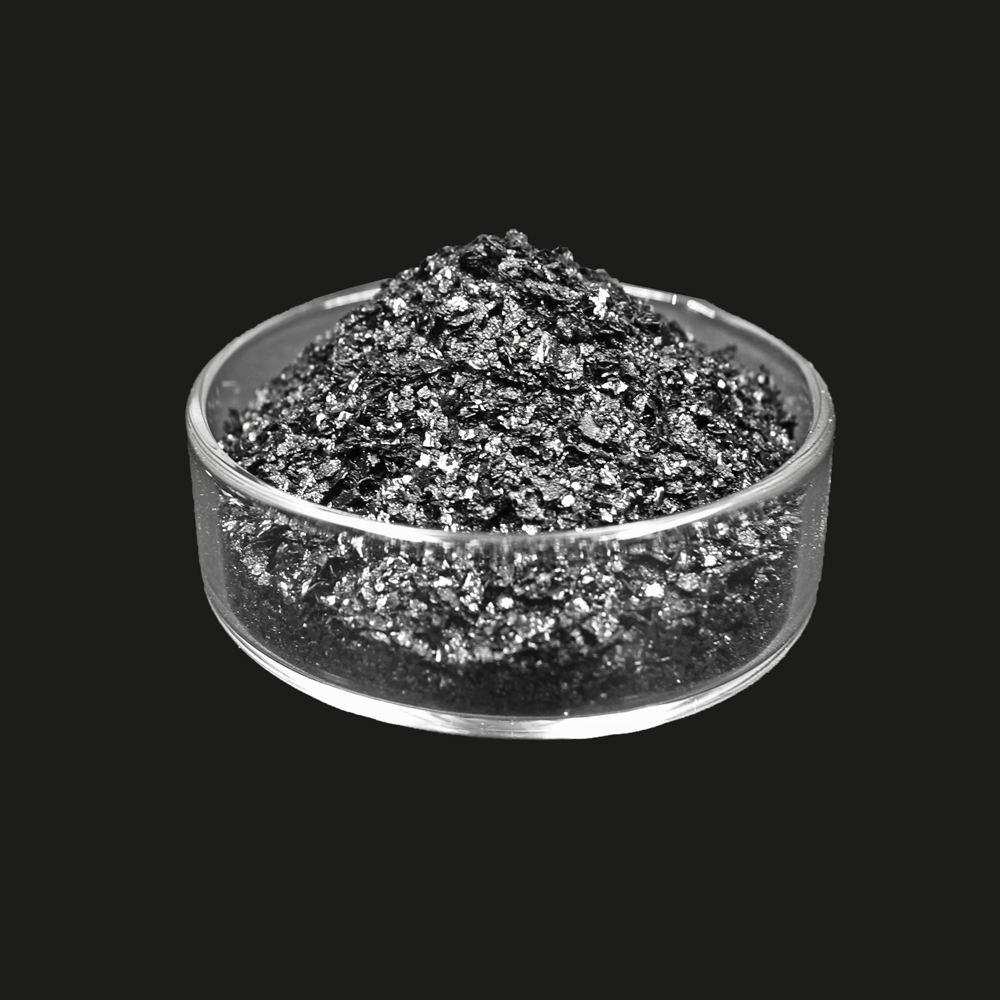Bacillus subtilis is a gram-positive, rod-shaped bacterium that is found in soil and the gastrointestinal tracts of ruminants and humans. It is one of the best-characterized bacterial species and is known for its ability to form a tough, protective endospore, allowing it to withstand extreme environmental conditions. This resilience makes it an excellent candidate for use in agricultural applications.
Soil Health Improvement;Enhances Nutrient Availability:
Bacillus subtilis plays a pivotal role in improving soil health by enhancing nutrient availability. It produces a variety of enzymes that break down complex organic matter into simpler forms, making nutrients more accessible to plants. For instance, it can solubilize phosphate, a crucial nutrient for plant growth, converting it into a form that plants can easily absorb.
Promotes Nitrogen Fixation:
Nitrogen is essential for plant growth, and Bacillus subtilis aids in nitrogen fixation. Although it is not a nitrogen-fixing bacterium itself, it supports the activity of nitrogen-fixing bacteria in the soil. This symbiotic relationship ensures that plants receive an adequate supply of nitrogen, promoting robust growth and higher yields.
Plant Growth Promotion;Production of Plant Growth Hormones:
Bacillus subtilis produces various plant growth-promoting hormones such as auxins, cytokinins, and gibberellins. These hormones stimulate root development, enhance seed germination, and promote overall plant vigor. Improved root systems enable plants to absorb water and nutrients more efficiently, leading to healthier and more resilient crops.
Disease Suppression:
One of the most significant benefits of Bacillus subtilis is its ability to suppress plant diseases. It produces antibiotics and antifungal compounds that inhibit the growth of pathogenic microorganisms. By outcompeting harmful pathogens, Bacillus subtilis protects plants from diseases such as root rot, wilt, and blight, reducing the need for chemical pesticides.
Biocontrol Agent;Antagonistic Activity Against Pathogens:
Bacillus subtilis acts as a biocontrol agent by exhibiting antagonistic activity against a wide range of plant pathogens. It colonizes the root surface, creating a protective barrier that prevents the entry of harmful microorganisms. Additionally, it produces lipopeptides and other antimicrobial compounds that directly inhibit pathogen growth, ensuring healthier crops.
Induction of Systemic Resistance
Apart from direct antagonism, Bacillus subtilis induces systemic resistance in plants. This means that when plants are exposed to Bacillus subtilis, they develop an enhanced defensive capacity against a broad spectrum of diseases. This induced resistance mechanism helps plants fend off infections more effectively, contributing to long-term crop health.
Stress Tolerance;Drought Resistance:
In the face of climate change, water scarcity is a pressing concern for farmers worldwide. Bacillus subtilis enhances the drought resistance of plants by promoting deeper and more extensive root systems. These robust root systems enable plants to access water from deeper soil layers, improving their ability to withstand prolonged dry periods.
Salinity Tolerance;
Soil salinity is another major challenge in agriculture. Bacillus subtilis can mitigate the negative effects of salinity on plants. It produces osmoprotectants that help plants maintain cellular integrity and function under saline conditions. By enhancing salinity tolerance, Bacillus subtilis allows crops to thrive in marginal soils, expanding the range of arable land.
Eco-Friendly and Sustainable Farming;Reduction in Chemical Inputs:
The use of Bacillus subtilis in agriculture promotes eco-friendly and sustainable farming practices. By naturally suppressing plant diseases and enhancing nutrient availability, it reduces the need for chemical fertilizers and pesticides. This not only lowers production costs for farmers but also minimizes the environmental impact of agricultural activities.
Improved Soil Structure:
Bacillus subtilis contributes to improved soil structure by producing polysaccharides that bind soil particles together. This enhances soil aggregation, increasing water infiltration and retention. Healthy soil structure is vital for root development and nutrient uptake,

